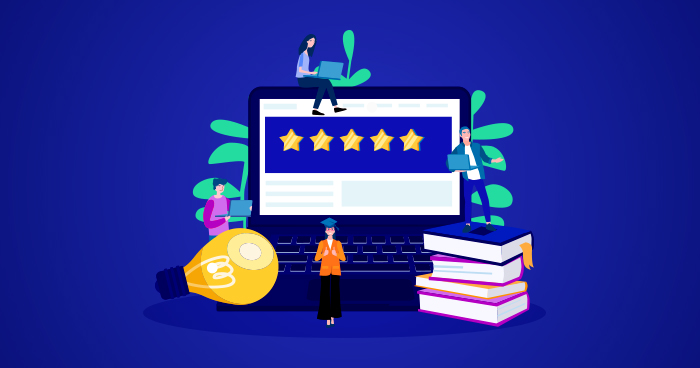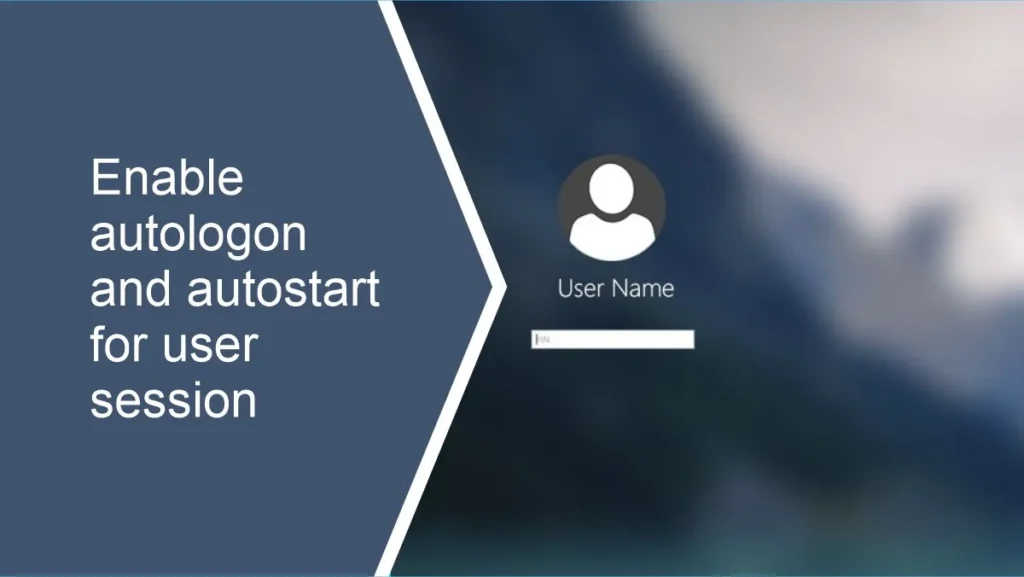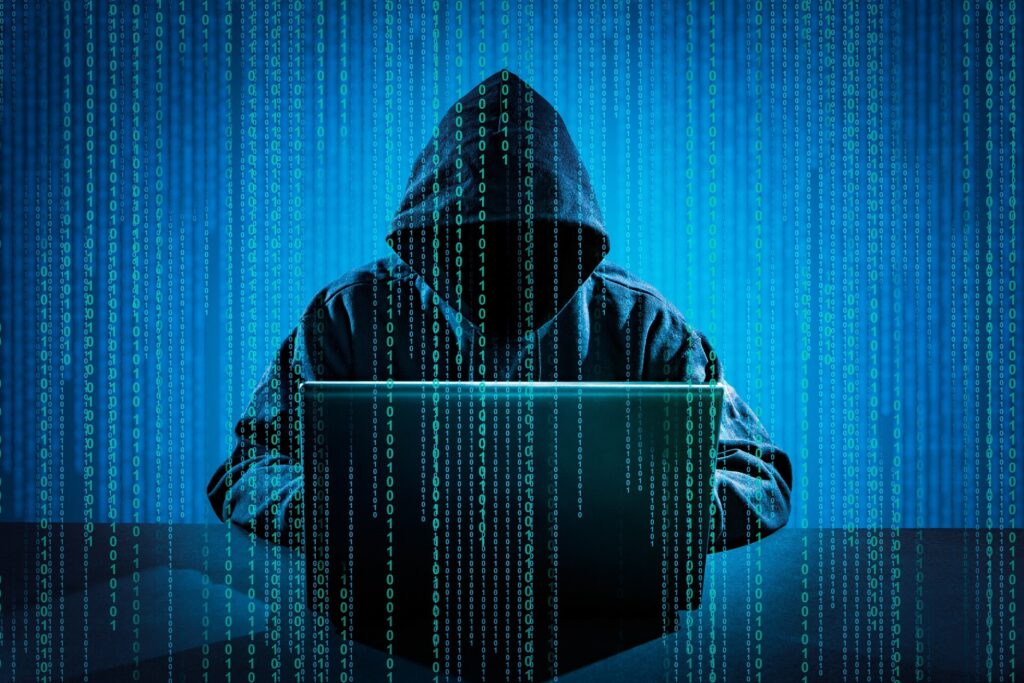Affiliate marketing can be a powerful way to increase online revenue, but without clear insights, opportunities are often missed. Smart affiliate tracking allows businesses to understand exactly which marketing efforts drive sales and where improvements are needed. By capturing detailed data, tracking user behavior, and analyzing performance in real-time, businesses can make informed decisions that maximize profits. With the right strategies, affiliate programs become more efficient, predictable, and scalable. Implementing advanced tracking systems ensures every effort counts and helps you gain a competitive edge in monetizing online channels.
Why Smart Affiliate Tracking Matters
Without proper tracking, marketers rely on guesswork. Smart affiliates visit trusted platforms offering advanced affiliate tracking systems that increase transparency, optimize campaigns, and maximize earnings while maintaining reliable reporting and long term business success. Smart affiliate tracking provides clarity and helps optimize revenue streams. Key advantages include:
- Accurate Performance Measurement: Identify which affiliates, campaigns, or promotions generate the most revenue.
- Better Resource Allocation: Focus on strategies and partners that deliver measurable results.
- Enhanced User Insights: Understand customer behavior, preferences, and buying patterns to improve targeting.
- Fraud Prevention: Detect unusual patterns, reducing the risk of commission abuse.
Core Features of Effective Affiliate Tracking

Modern affiliate tracking goes beyond basic clicks and conversions. Essential features include:
- Real-Time Reporting: Monitor campaigns as they happen, allowing fast adjustments to improve outcomes.
- Multi-Touch Attribution: Assign credit to all contributors in a sales journey, ensuring fair compensation.
- Customizable Dashboards: View metrics that matter most, from clicks and leads to revenue and ROI.
- Seamless Integration: Connect with e-commerce platforms, CRMs, and marketing tools for smooth workflows.
Practical Steps to Boost Revenue Using Affiliate Tracking
- Define Clear Goals: Set measurable objectives for each campaign to track success accurately.
- Segment Your Affiliates: Group affiliates by performance or audience type for targeted strategies.
- Analyze Data Regularly: Use insights to refine campaigns, adjust messaging, and optimize budgets.
- Reward Top Performers: Incentivize affiliates who drive consistent results to encourage long-term growth.
- Test and Iterate: Continuously experiment with offers, creative, and channels based on tracked data.
Benefits of Smart Tracking for Long-Term Growth
Businesses using intelligent tracking see a measurable impact on revenue and efficiency:
- Increased Conversion Rates: Focused efforts on high-performing channels lead to more sales.
- Improved ROI: Optimize marketing spend by investing only in strategies that work.
- Scalable Programs: Tracking allows systematic expansion without losing control over performance.
- Data-Driven Decisions: Insights from accurate tracking remove guesswork, enabling smarter business moves.
Smart affiliate tracking transforms online marketing from a guessing game into a structured, measurable, and profitable system. By leveraging detailed data, real-time insights, and advanced reporting tools, businesses can maximize revenue, reward effective affiliates, and scale programs efficiently. Consistently monitoring performance and acting on insights ensures every campaign contributes meaningfully to growth. Implementing these strategies allows marketers to make smarter decisions, improve conversions, and ultimately achieve faster, more predictable revenue growth.







